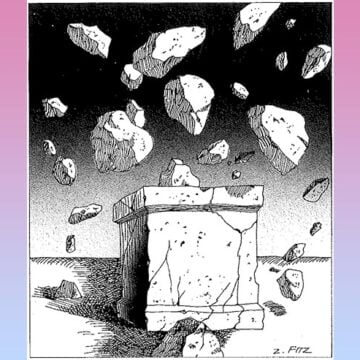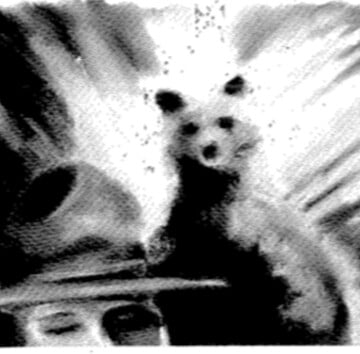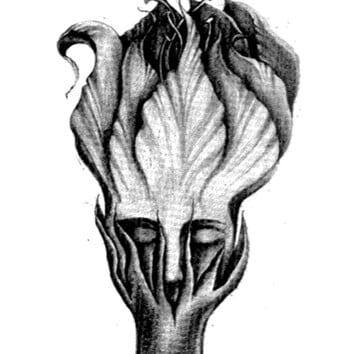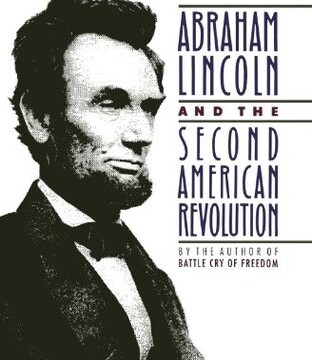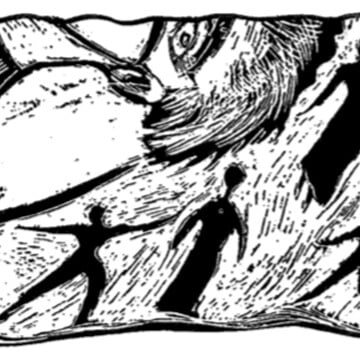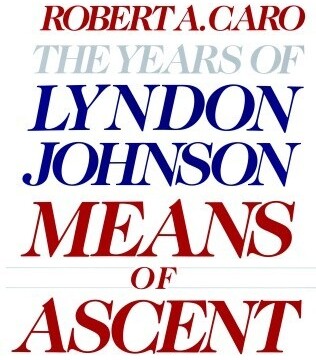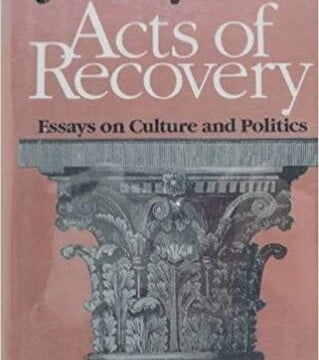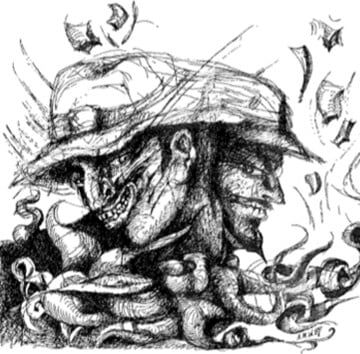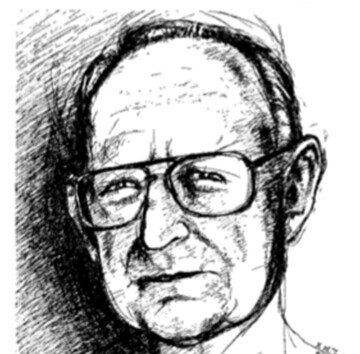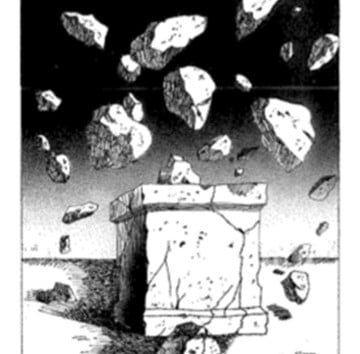M. E. Bradford illuminates the problem of a government agency, the NEH, that claims to promote “culture” but has instead become a source of handouts to well-connected educational institutions.
Author: M.E. Bradford (M.E. Bradford)
Imagining the West
“The curious have observed that the progress of humane literature (like the sun) is from the East to the West. . .” —Nathaniel Ames As both a reality and an interpretive problem, the American West has retained its long-established hold on the attention of our scholars. And the same is true of Western American literature:...
From the Family of the Lion
“There is a kind of revolution of so general a character that it changes the tastes as well as the fortunes of the world.” —La Rochefoucauld There is a popular myth of Abraham Lincoln, our 16th President, that is known to most Americans. According to the orthodox version of this highly sympathetic...
Donald Davidson and the Calculus of Memory
The opening scene of the folk opera Singin’ Billy, for which Donald Davidson wrote the book and lyrics, takes place in the yard of Callie Wilkins, “Miss Callie,” the matriarch of Oconee Town in Pickens County, South Carolina. Two young people have married, John and Jennie Alsop, and are in danger of a shivaree. They...
A Great Refusal
As I have previously observed in these pages, each of the ratification conventions with which the people of the 13 original states passed judgment on the handiwork of the Great Convention had its own distinctive drama— structural characteristics which in the end colored the meaning of the Constitution in the communities by which it was...
The Prophetic Voice of Donald Davidson
“Canst thou draw out leviathan with a hook?” —Job 41:1 No idea is more central to the American political tradition than that of limited government. As a nation we began with our commitment to the liberty of commonwealths, of communities, and of citizens. When we collectively rejected the remote, arbitrary, and potentially hostile power that,...
Requires Attention
The “Church Notes” section in the February 2, 1992, issue of National Review requires attention and a word in response. In this little essay, the editor of that magazine informs us that the traditional right is under some obligation to recognize that its adversaries who call themselves conservatives but are pragmatically committed to an ever...
From the Family of the Lion
“There is a kind of revolution of so general a character that it changes the tastes as well as the fortunes of the world.” —La Rochefoucauld There is a popular myth of Abraham Lincoln, our 16th President, that is known to most Americans. According to the orthodox version of this highly sympathetic construct, Lincoln was...
Imagining the West
“The curious have observed that the progress of humane literature (like the sun) is from the East to the West. . .” —Nathaniel Ames As both a reality and an interpretive problem, the American West has retained its long-established hold on the attention of our scholars. And the same is true of Western American literature:...
Visible Saints
There is no other American man of letters quite like Marion Montgomery. With the addition of each new book to the canon of works published by the Sage of Crawford, his achievement becomes the more astonishing; the range and depth of his thought, its variety and scope the more impressive. For Professor Montgomery has written...
The Process of Ratification
Even as we, in our own time, go about revising, or refusing to revise, our fundamental law, so did our Fathers in the beginning vote to put such law in its place: that is, one state at a time, reflecting, after vigorous dispute, 13 different majorities, some of them very belated—and very reluctant. All of...
Poisoned at the Source
“The way to have power is to take it.” —W.M. Tweed When on January 3, 1949, Lyndon Baines Johnson of Texas was sworn in as a United States senator, an era in the politics of his state had come to an end, a period that had begun when Reconstruction concluded. Similar events occurred in other...
The Critic and the Conservative Imagination
Because of the great range of his interests, it is very difficult to predict what Professor Jeffrey Hart will next produce. Hart writes out of a devotion to literature as “the principal vehicle for transmitting the ideas and feelings that constitute our shared public culture.” Following the examples of public-spirited critics running from Samuel Johnson...
A View From the Top of the Ridge
On the Literature of the American West For the last several weeks, working at a leisurely pace, I have been reading through the new and extremely ambitious Columbia Literary History of the United States. This is a huge work, one which has many merits and aspires to be inclusive. Indeed, it is a conscious attempt...
A Dike To Fence Out the Flood
When in September of 1787 the new instrument of government proposed by the Great Convention went out from Philadelphia to be received and considered by the several commonwealths connected through the old Articles of Confederation, those fraternally affiliated societies saw the document delivered to them through the Continental Congress according to their own needs and...
With Laurel: For Andrew Lytle
What makes it so appropriate that Andrew Lytle should receive the Richard M. Weaver Award for Scholarly Letters is that Mr. Lytle is one of the gifted people who inspired Dick Weaver’s career as what he called “an Agrarian in exile.” Moreover, an essay on the reissue I’ll Take My Stand was among the last...
The Costs of Culture
“The choice of a point of view is the initial act of culture.” —Ortega y Gasset Because I have spoken sharply to the general question of Federal support for arts and letters, and because my name is connected with certain facets of the public business, I receive through the mails a mass of publications designed...
